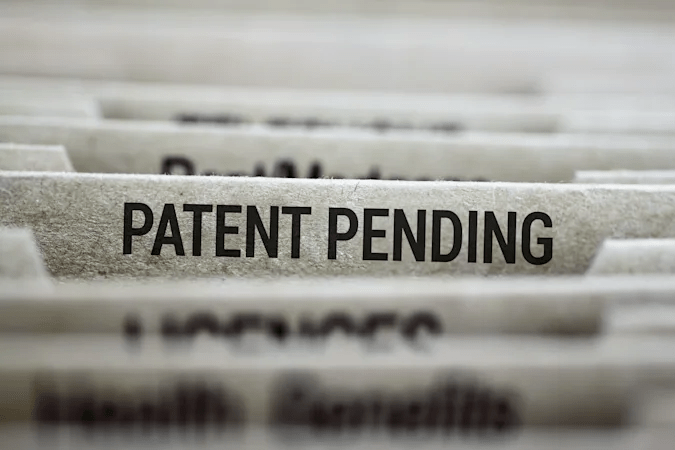Add the United Kingdom to the list of countries that says an artificial intelligence can’t be legally credited as an inventor. Per the BBC, the UK Court of Appeal recently ruled against Dr. Stephen Thaler in a case involving the country’s Intellectual Property Office. In 2018, Thaler filed two patent applications in which he didn’t list himself as the creator of the inventions mentioned in the documents. Instead, he put down his AI DABUS and said the patent should go to him “by ownership of the creativity machine.”
The Intellectual Property Office told Thaler he had to list a real person on the application. When he didn’t do that, the agency decided he had withdrawn from the process. Thaler took the case to the UK’s High Court. The body ruled against him, leading to the eventual appeal. “Only a person can have rights. A machine cannot,” Lady Justice Elisabeth Laing of the Appeal Court wrote in her judgment. “A patent is a statutory right and it can only be granted to a person.”
Thaler has filed similar legal challenges in other countries, and the results so far have been mixed. In August, a judge in Australia ruled inventions created by an AI can qualify for a patent. However, only earlier this month, US District Judge Leonie M Brinkema upheld a decision by the US Patent and Trademark Office that said “only natural persons may be named as an inventor in a patent application.” Judge Brinkema said there may eventually be a time when AI becomes sophisticated enough to satisfy the accepted definitions of inventorship, but noted, “that time has not yet arrived, and, if it does, it will be up to Congress to decide how, if at all, it wants to expand the scope of patent law.”


